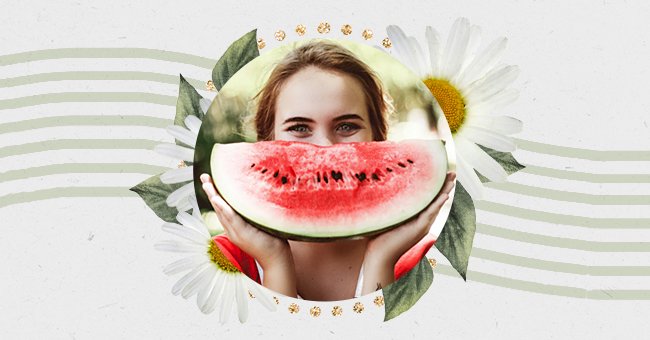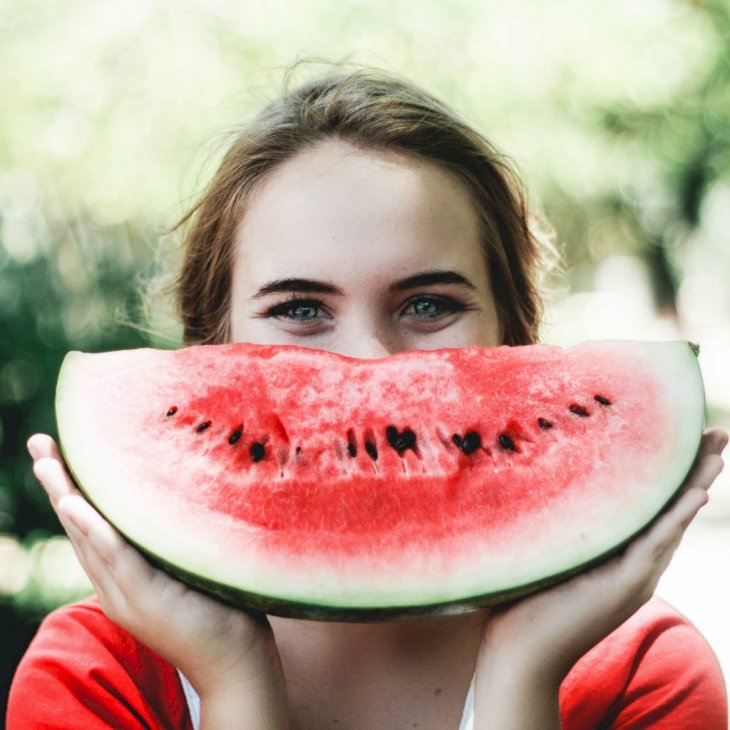
7 Foods That Promise To Boost Your Mood
You are what you eat —does what we eat affect our mood and energy levels? According to the Cleveland Clinic, absolutely. That said, we’ve brought you seven foods that promise to better your mood.
“Certain foods and nutrients help your brain to make chemicals that can impact your mood, attention and focus, while other foods can zap your energy”, says registered dietitian Sarah Thomsen Ferreira, MS, MPH, RD, IFNCP.
We know that grandma was right when she said, “don’t forget to eat your veggies; they’re good for your health”. But all “healthy” food can improve our mood? Apparently not.

Photo by Ivana Cajina on Unsplash
Before diving deep into the list of foods that promise to boost your energy and mood, we’ve got to know that mood can be influenced by many factors, such as stress, environment, poor sleep, mood disorders, and nutritional deficiencies.
According to a Harvard Medical School publication, here’s our brain on food: “Eating high-quality foods that contain lots of vitamins, minerals, and antioxidants nourishes the brain and protects it from oxidative stress — the “waste” (free radicals) produced when the body uses oxygen, which can damage cells.”

Photo by Caju Gomes on Unsplash
Probiotics Are A Girl’s Best Friend
The gut is also known as the second brain. The so-called “Gut-brain axis” is a communication between the brain and the GI tract that links the enteric and central nervous systems. It’s an exchange: it allows the brain to influence intestinal activities and the gut to affect mood, cognition, and mental health.
Consumption of a probiotic supplement was found to improve both gut symptoms and depression in people with irritable bowel syndrome (IBS). Probiotics or fermented foods you can add to your diet are:
- Yogurt
- Kefir
- Buttermilk
- Sauerkraut
- Korean kimchi
- Tempeh
Go For The Whole Grain Bread
Whole grains are important sources of B vitamins, nutrients that are essentials for brain health. Ditch the white flour and look for the grain in its whole form in foods like:
- Quinoa
- Brown rice
- Amaranth
- Whole bread
Go For The Leafy Green Vegetables, Baby
Spinach, kale and dark leafy vegetables contain the B vitamin folate. Folate deficiency may impair serotonin’s metabolism, dopamine, and noradrenaline, the neurotransmitters responsible for our mood. Foods rich with folate are:
- Artichokes
- Avocado
- Broccoli
- Spinach
- Kale
- Lentils
Reduce Caffeine Intake
Caffeine has been found to trigger the release of brain chemicals such as dopamine -- the mood neurotransmitter. However, excessive amounts of caffeine is also linked to depression and high levels of anxiety. If you enjoy the caffeine energy hit, you may choose lower-caffeine beverages like black tea or green tea.
A Dose of Omega-3, please.
Omega-3 fatty acids may have a role in brain functioning, linking deficiencies in omega-3 fatty acids with mental health issues. The association, however, hasn’t been totally proved, increasing your intake of omega-3 fatty acids is still a good choice. Choose foods like:
- Sardines
- Anchovies
- Chia
- Flaxseed
- Canola oil
Say Yes to Fiber
Choose foods rich in fiber, nutrients, and good fats. Fiber reduces cholesterol, promotes blood sugar control, and helps to regulate bowel movement. Foods rich in fiber are:
- Avocado
- Apples
- Banana
- Oats
- Chickpeas
- Almonds
Get Your Nuts and Seeds
Healthy fats, nuts and seeds are high in plant-based proteins, healthy fats, and fiber and are linked to lower risks of depression. So, go for:
- Almonds
- Brazil nuts
- Pine nuts
- Walnuts
- Pumpkin seed
- Sesame seed